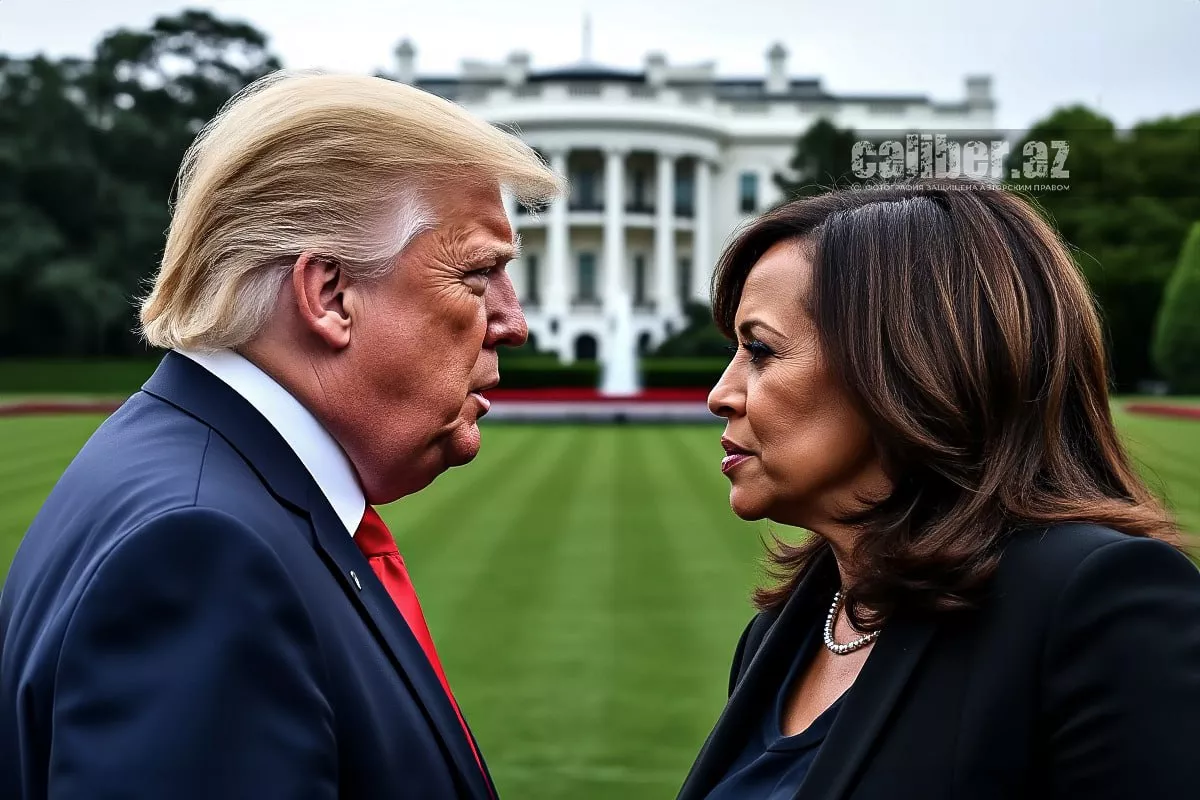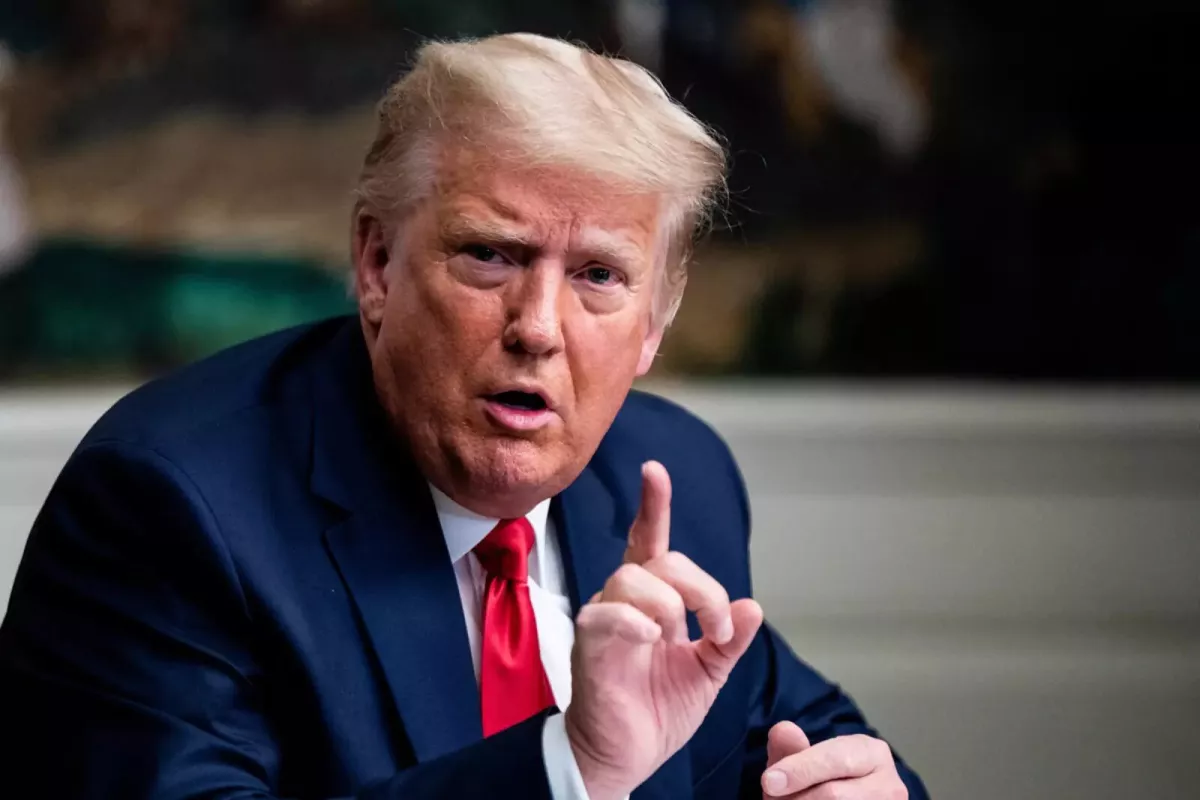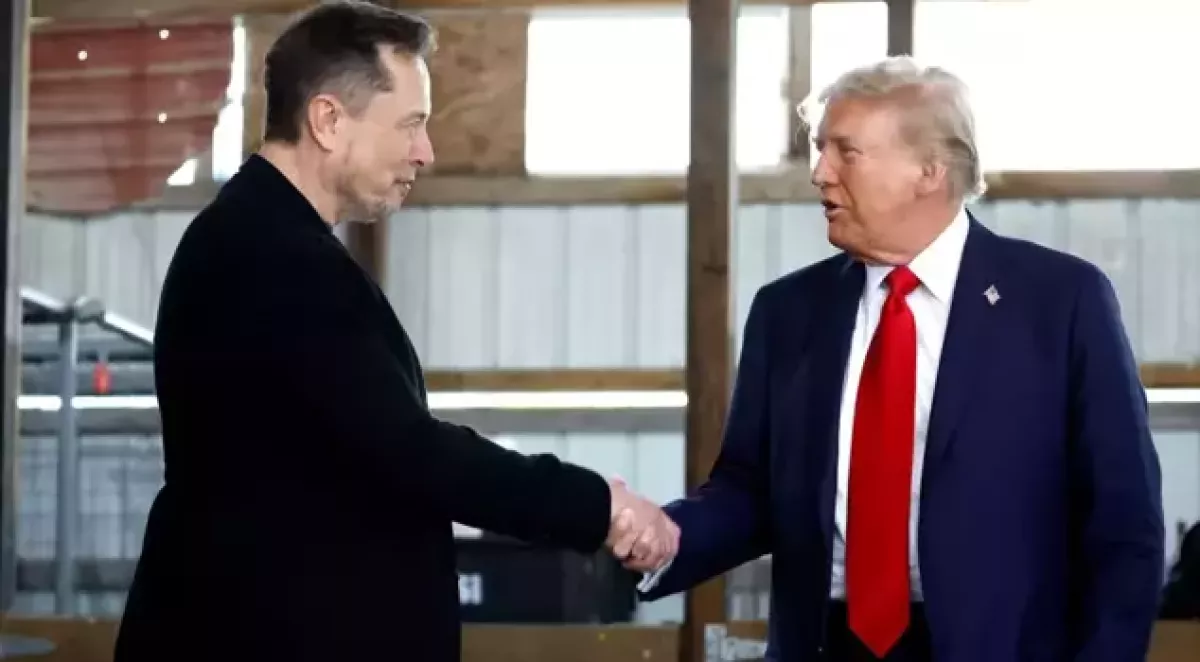Why America chooses Trump again Conservative resurgence
Donald Trump, the Republican candidate, will be the 47th president of the United States, having secured 277 electoral votes according to the latest results. Why is this bold representative of conservative America reaching the pinnacle of power for the second time? Let's explore.
Bold conservatism
Part of the answer lies in the way the question is framed. The key terms here are "bold" and "conservative." Trump is certainly a striking figure, and it's not just about his appearance, hair colour, or temperament. Nor is it merely because Americans enjoy dramatic spectacles—Trump always knew how to deliver a sharp jab to his opponents. Cautious Democrats, who tend to act with a constant eye on unspoken strategies and are often supported by opaque circles, have become tiresome to many ordinary citizens. Additionally, many Americans, at their core, are deeply conservative.

Efforts to impose political correctness have failed to completely alter the underlying foundation of American society. The push for a "progressive agenda" has, in part, backfired, strengthening the traditionalist core and fueling the radicalization of society. It’s already clear that more men voted for Donald Trump, while Kamala Harris garnered more support from women. This suggests that radical feminism, which has morphed into aggressive chauvinism, may have sparked a counter-mobilization among male voters. If that’s the case, this division seems like a natural outcome of the "gender war" being stoked by liberals. It’s been a long time since US presidential elections have seemed on the verge of descending into civil war, a fear that was once again used to stir anxiety among voters. It seems the issue goes beyond just the candidates' personalities or their political strategies.
America has long been in a state of deep and multifaceted crisis. The country faces major challenges, including a growing national debt, economic competition from foreign manufacturers, job losses, social inequality, insufficient security, and rising crime and violence, including from ethnic gangs. The Democrats have funded programs for gender transition, but over many terms in office, they have failed to deliver on the promised universal healthcare, leaving around 45 million Americans without coverage. It seems that liberal attempts to shift people's focus from pressing everyday issues to debates over the identity of the 51st gender have spectacularly failed. The growing intensity of America's social contradictions is evident, for example, in the recent strike by Boeing workers, which was effectively won by the strikers.
Undoubtedly, Donald Trump's victory was heavily influenced by his promises not only to preserve American jobs but to create new ones, compelling both the EU and China to move their manufacturing to the US. Trump, in his fiery rhetoric, called Kamala Harris a "Marxist." Later, as a significant portion of his electorate didn’t understand the term, he began calling her a "communist." While Harris, a liberal, has no ties to Marxism, there’s no doubt that a large part of the American working class voted for Trump, hoping for the protection and growth of American industry.

Trump's opponents often accused the Republican candidate of populism. He certainly lived up to this characterization, but in its positive sense. The literal translation of the word "populist" from Latin is "people’s advocate." And Trump did indeed become very popular among ordinary people. This was significantly aided by his liberal opponents, who were focused on the "progressive" segments of the middle class in America’s large cities, often with a worldview disconnected from the everyday concerns of average citizens.
Of course, a major factor in the Republican candidate's success was his promises of peace, particularly his vow to stop the war in Ukraine. Like people everywhere, the American public doesn't want military conflicts, and they certainly don’t want a Third World War.
Interestingly, whether consciously or unconsciously, some representatives of the true left also worked in Trump's favour. A portion of Kamala Harris’s electorate was siphoned off by Jill Stein, the Green Party’s presidential candidate. Stein advocated both anti-capitalist and, unlike the Democrat demagogues, staunchly anti-war positions. Trump’s promise to include independent candidate Robert F. Kennedy Jr. in his team, who also opposed the continuation of wars and corporate dominance, may have further attracted traditionally left-wing voters.
A deep victory
However, it would be naive to assume that Donald Trump is merely a president of rural America. There is also the powerful "deep state"—the entrenched political establishment. Trump's victory would have been impossible without the support of a significant portion of the American establishment, particularly those circles that are now often referred to as the "traditional elite." This "traditional" nature is not so much about attitudes toward LGBT issues or Christianity, but rather a focus on the interests of the real economy. However, even figures from the "new economy," such as Elon Musk, also expressed support for Trump.

Amid concerns about America's leadership on the global stage, the figure of the "tough guy" Trump might be more appealing to the American ruling circles than liberal Kamala Harris. Nevertheless, it would be incorrect to portray the newly elected US president as some sort of "cowboy" who shoots first and thinks later. As a businessman by nature, Trump demonstrated during his previous presidential term that he is a capable negotiator who knows how to bargain and strike deals.
In addition to his negotiating potential, one can also argue that Moscow, Beijing, or Minsk would find it psychologically easier to engage in dialogue with Trump. And not just because they are all traditionalists. Certainly, in today’s global standoff, the primary considerations are economic and bloc competition. However, while the liberal wing of America has often focused on its so-called values, Trump, in this regard, is more of a pragmatist.
That said, predicting the future is very difficult at this point. Today, Trump has won the election, and, as many believe, secured his victory with the votes of ordinary Americans. But which forces and interests will ultimately shape the policy of such a still-powerful state as the United States remains to be seen in the near future.








